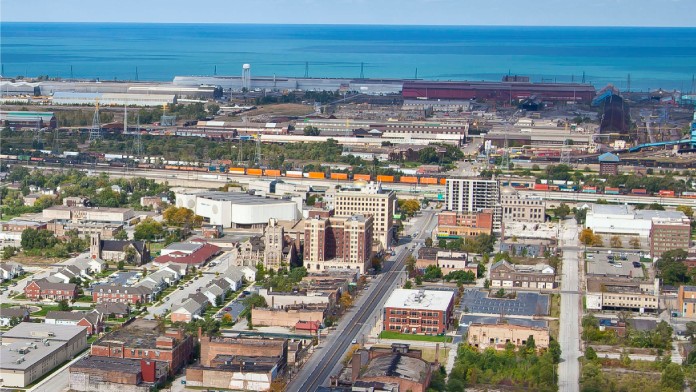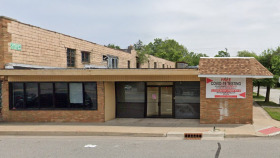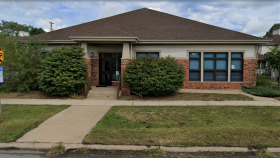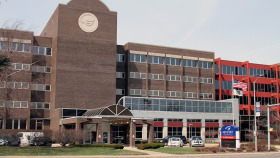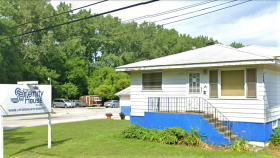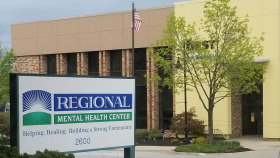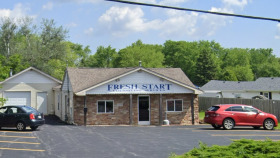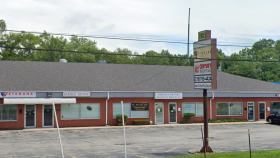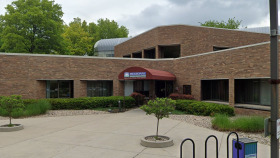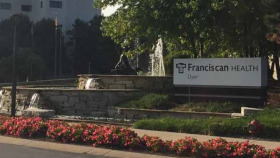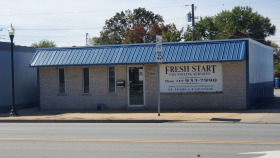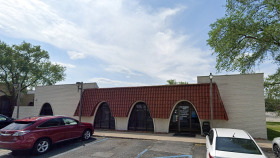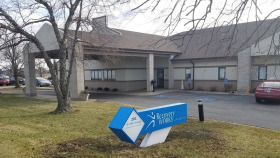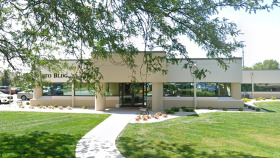Alcohol and Drug Use Statistics in Gary, IN
Drug use, particularly opioid use has become a significant public health concern in Gary, IN, and Lake County. The state of Indiana has been working to prevent overdoses by increasing access to naloxone and offering programs to educate local leaders about the importance of addiction treatment.2,3 Some statistics about drug use in Lake County, Indiana include:1,4
There were 192 overdose deaths in Lake County in 2021.
Of the county’s overdose deaths in 2021, 155 were due to opioid use.
Of the emergency room visits in 2021 within the county, 485 of them were related to opioid use.
Levels of Substance Misuse Care
Indiana offers several levels of care for addiction treatment. Some people start with inpatient care and make their way through the various levels, while others can begin the process with less intensive treatment.
Alcohol and Drug Detoxification
Detox is often the first step, allowing you to move on to formal treatment services once it is complete. It is the process of safely and comfortably removing drugs or alcohol from your system in a supervised setting.
Inpatient Drug and Alcohol Rehab
Inpatient rehab, also called residential treatment, involves living at a facility to receive 24/7 care. Treatment methods typically include individual and group therapy, medication, and nutritional counseling.
Partial hospitalization programs (PHPs)
PHPs allow you to attend treatment at a hospital while living at home. Treatment services provided are usually the same as inpatient care, but you only stay at the hospital during treatment times, then return home.
Intensive Outpatient Programs (IOPs)
IOPs involve attending several hours of counseling over a few days each week. You spend the rest of your time working, at home, or fulfilling other obligations.
Standard Outpatient
Standard outpatient care is the least intensive treatment option, involving just one to two hours of treatment per week. This option is appropriate for highly motivated people with a strong support system.
Relapse Prevention
Relapse prevention, or aftercare, begins once you complete a rehab program. It includes ongoing support, such as 12-step groups, non-12-step groups like SMART Recovery, ongoing therapy, sober living homes, and more.
How to Pay for Substance Addiction Treatment in Gary, Indiana
Private Insurance
Every insurance provider is required by law to cover substance use disorders and mental health treatment services, to some extent. Indiana residents must contact their provider to learn more about specific coverage, including deductibles and copays.
Indiana Medicaid
Indiana Medicaid consists of multiple programs. Each program serves a different population, but the common theme is to provide services for low-income or under-resourced Indiana residents, including rehab treatment. The programs include:4
- Healthy Indiana Plan
- Hoosier Care Connect
- Hoosier Healthwise
- HoosierRx
- Medicare Savings Program
- Pharmacy Benefits
- Traditional Medicaid
- Indiana Medicaid Covered Services
Indiana Medicare
Indiana Medicare is a government program that provides health-cost coverage for residents who are over age 65 or have certain disabilities. Indiana residents can use Medicare to pay for drug addiction treatment services, including rehab. However, not all rehab facilities accept this form of payment.
Sliding Scale Rehabs
Some rehab programs in Indiana charge for treatment on a sliding scale, meaning participants only pay what they can afford based on income. These sliding-scale options are not always widely advertised, so Indiana residents should ask if they are available.
TRICARE in Indiana
Indiana TRICARE (North region) is a government program providing health insurance coverage to U.S. Armed Forces military personnel, veterans, and their dependents. This coverage includes addiction treatment services, such as rehab.
IHS-Funded Drug Rehabs
Indian Health Service (HIS) is a program that provides free addiction treatment to Indigenous people and Alaskan Natives. These Indiana residents can obtain free treatment even if other coverage is available.
Traveling to and Within Gary, IN
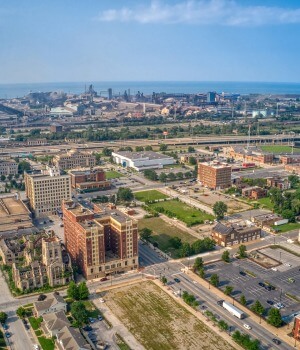
Here are some helpful travel tips if you are considering enrolling in an alcohol or drug rehab in Gary, IN, or if you have plans to visit a loved one in drug and alcohol rehab in Gary:
- Gary, IN, is located in northwestern Indiana, very close to the Illinois state line.
- The closest airport to Gary, IN, is Chicago Midway Airport, which is 24 miles away or a 45-minute drive.
- You can reach Gary, IN, by car via Interstates 90, 94, and 65.
- There is a public bus service in Downtown Gary. Having access to a car or a ride-share service will make getting around other parts of town easier.
- Gary is on the shore of Lake Michigan and has public beaches, recreation areas, and parks near the lake.
- The Indiana University Northwest Campus is located in Gary, as is the childhood home of pop star Michael Jackson.
- There are a variety of reasonably priced hotels in Gary. For more luxurious accommodation, you can look at hotels in Chicago, many of which are only about 40 minutes away by car.
- Gary is home to a wide selection of restaurants, many of them locally owned.
- Chicago is also home to a variety of entertainment options, including professional sports, live music,theater, and museums.
Indiana Alcohol and Drug Laws
Indiana lawmakers have enacted the following policies related to substance misuse and overdose:1,2,3,4
Indiana Lifeline Law: This policy provides immunity for the crimes of minor possession, minor consumption, minor transport, and public intoxication for Indiana residents who reveal themselves to law enforcement while seeking medical assistance for a person suffering from an alcohol-related health emergency.
Social Host Liability: Indiana residents can be held liable if they give alcohol to someone they knew was already intoxicated and that person’s intoxication leads to injuries, damage, or death. It is also illegal to knowingly provide a place for minors to drink alcohol in Indiana.
Drinking in Public: In Indiana, it is illegal to be drunk in a public place if your behavior is dangerous, alarming, disruptive, or annoying. It is also illegal to be drunk or high on public transportation or at bus stations and airports.
Involuntary Commitment: Indiana Code 12-23-11.1-1 states that an Indiana resident who misuses drugs, alcohol, or is, incapacitated by alcohol may be involuntarily committed, except for those who are charged with or convicted of an offense that makes them ineligible for treatment.
Good Samaritan and Naloxone Access Law: his combined law is designed to prevent overdose deaths. The Good Samaritan protections provide limited criminal immunity for controlled substance and drug paraphernalia possession for Indiana residents who seek help in the event of an overdose.
This immunity is limited to those who call for help and not the person experiencing the overdose. Immunity is also limited to those who have obtained naloxone through the channels outlined in this law, which allows pharmacies and health professionals to provide naloxone directly or by standing order to those at risk of opioid-related overdose and those who are in a position to assist individuals at risk of overdose.
Resources
- Indiana Department of Health, (no date), Indiana Drug Overdose Dashboard
- Indiana Department of Health, (no date), Naloxone 101.
- Indiana Department of Health, (no date), Indiana Communities Advancing Recovery Efforts (IN CAREs) ECHO.
- Indiana State Department of Health. (2019). Drug Overdose Epidemic in Indiana: Behind the Numbers.

